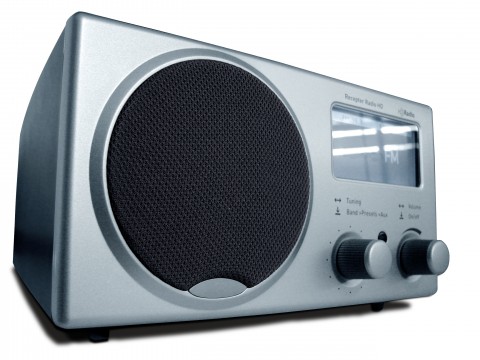This post first appeared in the Xero Accounting Software Blog, the advice for protecting your computers and networking equipment applies for home and business users.
The holiday season is here and for many it’s time for a much needed break. Before doing so it’s worthwhile taking a few precautions with your computers and other electronic equipment.
While most of us are moving our data to the cloud, there may still be some data that remains on your office systems. Bear in mind that if your router is damaged or desktop computer has gone missing, you won’t be able to access the web.
And even though your systems will spend much of the next fortnight turned off there are still risks such as power surges, fire and theft etc. There’s even the risk of a virus creeping in when you turn things on when you return. So here’s some things to consider before you leave.
Reset passwords
The New Year is a good time to refresh passwords, so review what your key login details are and update them to stronger, more secure phrases. I personally like using phrases like a song or poem and dropping characters into the spaces so a password might look like: Mary$had$a$little$lamb
You can make the passwords stronger by adding numbers and capitals as well.
Staff turnover happens in all businesses and you may have forgotten to remove some former employees from your accounts when they left. The end of the year is a good time to review who has access to your cloud and remote access accounts.
If you’re a social media user it’s also worthwhile checking what applications you’ve allowed to access your Facebook, Twitter or other online services. That mafia or farm game looks harmless, but often you’ve given it the right to post things and collect data from your account, so take off the ones you no longer find useful.
Unplug everything
Even when turned off, most modern computer equipment still has power running through its systems. This puts technology at risk during storms or brownouts. Printers, modems, routers, should all be turned off and disconnected from power and communications lines.
Network, telephone line or cable connections should be unplugged – power surges can often affect phone and cable network connections. In fact you should unplug anything that connects your equipment to the outside world.
Hide your equipment
Give thieves as little temptation as possible. Electronic equipment has a high resale value and is easily moved. Lock away anything portable and draw the curtains or blinds in rooms where less portable equipment is kept.
If you have an old laptop or mobile phone sitting around it’s not a bad idea to hide away the modern equipment and leave the old stuff in an obvious location. This is a variation on the old “leave ten dollars in the cash draw” ploy that gives thieves something without them ransacking the place. Don’t leave the sacrificial laptop in plain sight or you’ll be inviting break-ins.
Backup
One of the advantages with cloud computing is that many of your backup needs are taken care of. Unfortunately you still need your own local backups.
In most offices not everything gets saved to the cloud and that information matters. For many small business years of work is sitting on the hard drive.
External hard drives and DVDs are the most popular ways of saving backups. Your backup should include documents, email, address books, favorites and bookmarks.
Store the backups away from the computer, preferably offsite. I recommend making two copies, leave one onsite for easy access and store one elsewhere. If something terrible happens to your home or office while you are away, your data is at least safe.
For home offices, it’s a good idea to leave a copy of the backup with your neighbours or a relative in a nearby suburb. An old client of mine swaps external hard drives with his mother- in-law at church each week so he has a reasonably up to date copy of his data somewhere he knows he can get to.
When you return
Your computer is the very last thing you should turn on. Turn on modems, printers, external drives and network equipment before your computer. If you have a cable or ADSL Internet connection, give it a few minutes to connect before trying to log on.
Update your system
While you were away new Internet nasties in the form of viruses, Trojan horses and spyware will have come out and there’s a good chance some of them may be waiting in your inbox.
Before checking emails or surfing the net, update your security software and check for any system updates. Don’t do anything on the net until everything is updated.
Christmas and New Year are times when you should relax. There’s nothing worse than returning to find office equipment and valuable data lost. By backing up your systems and taking some precautions you don’t need to feel anxious about your business being up and running quickly when you get back to work.
Enjoy your holidays and let’s all look forward to a great New Year.
Similar posts:




